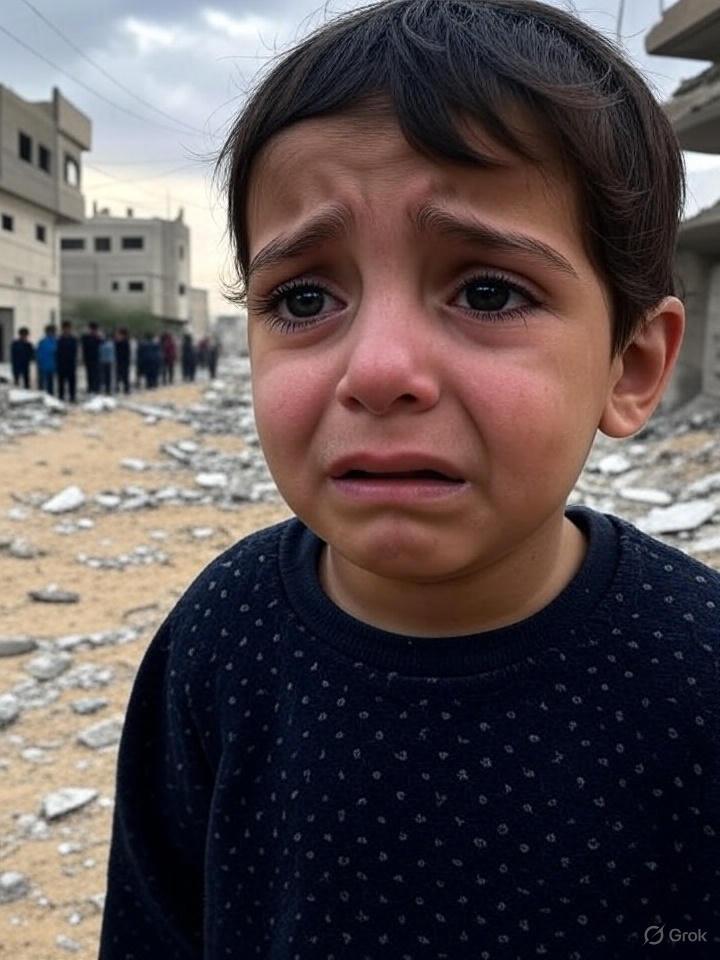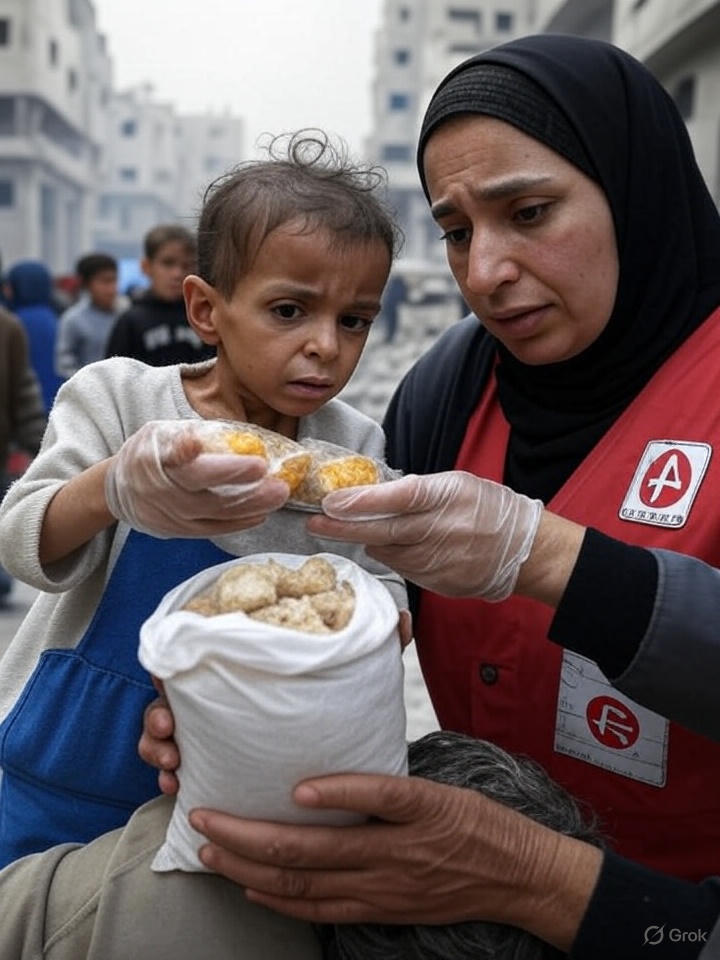A devastating humanitarian crisis in Gaza has taken a grim turn: at least 41 Palestinians were killed in Israeli strikes since midnight, many while seeking aid. Over 100 humanitarian organizations including Oxfam have condemned the situation, calling the starvation imposed on civilians “man-made” and effectively a war crime. Meanwhile, France has announced it will formally recognize the State of Palestine in September, a significant diplomatic shift strongly opposed by the U.S. and Israel, but welcomed by Saudi Arabia and other Gulf states.
Israeli Strikes and Aid-Seeking Deaths
In the latest escalation, Palestinian health authorities report 41 fatalities in Israeli strikes since midnight, with a distressing number occurring as people attempted to collect food and water. Aid seekers continue to face lethal risks at distribution points. According to documented incidents, more than 1,000 Palestinians have been killed and nearly 4,900 injured around aid sites since late May many at U.S. and Israeli backed Gaza Humanitarian Foundation (GHF) distribution centers, raising serious accusations of systemic violence during humanitarian operations(Globedge).
Oxfam, joined by over 100 NGOs, has denounced Israel’s blockade and restrictions on humanitarian corridors, warning the situation is “mass starvation” and entirely man made. The WHO’s director called the crisis “very clear” in its cause, estimating starvation deaths including approximately 111 from hunger in a recent 24-hour period largely among children, the elderly, and aid recipients (The Guardian).
Blockade and Aid Denial
UN agencies report Israeli authorities have rejected dozens of requests to deliver food, fuel, water, and medical supplies into northern Gaza. Oxfam emphasized that entire depopulated zones have received zero aid. Humanitarian workers recount children pleading for basic food, calling fate a reprieve:
“Children tell their parents they want to go to heaven, because at least heaven has food.” (Wikipedia, Amnesty International)
Aid deliveries now average just 28 trucks per day, compared to over 500 trucks before the conflict drastically insufficient for Gaza’s two million residents (Amnesty International).
France’s Recognition of Palestine
On July 24, 2025, French President Emmanuel Macron pledged that France will formally recognize a Palestinian state at the upcoming United Nations General Assembly in September. France will thereby become the first G7 country to undertake such action, joining over 140 countries worldwide in this move (reuters.com).
The announcement underscored France’s call to end the war in Gaza and bring immediate relief to civilians. Paris also announced it would co host a ministerial level meeting with Saudi Arabia later this month on a two-state solution (english.alarabiya.net).
International Reactions
- Israel: Prime Minister Benjamin Netanyahu condemned the recognition, branding it a “reward for terrorism” and warning it could encourage further conflict. Defense officials echoed the accusation, saying France is capitulating to extremist rhetoric (reuters.com).
- United States: Secretary of State (named in U.S. reports) declared the decision harmful to peace efforts, stating it strengthens Hamas and undermines negotiations. The U.S. also recalled its delegation from truce talks in Doha following the announcement (The Guardian).
- Saudi Arabia and Gulf states: Welcomed France’s decision as historic and urged other nations to follow suit. Saudi Arabia’s foreign ministry called the move “historic,” while the GCC expressed solidarity and support for a two state solution (english.alarabiya.net).
- Palestinian Authority and Hamas: The PA praised France for supporting self determination under international law. Hamas welcomed it as moral pressure on Israeli, urging other countries to do likewise (english.alarabiya.net, reuters.com).

Why It Matters
- Humanitarian Catastrophe: Thousands are dying of hunger and violence at aid sites amid systemic blockade.
- Diplomatic Shift: France’s move signals growing international impatience with Israel’s refusal to negotiate.
- Symbolic Momentum: As a major Western power, France’s recognition may inspire others to follow, reshaping diplomatic dynamics.
- Peace Strategy: France frames its action within a broader peace roadmap calling for Hamas demilitarization, reinforcement of the Palestinian Authority, reconstruction in Gaza, and renewed two state diplomacy (The Guardian).
Summary
Sustained Israeli military strikes in Gaza have killed at least 41 Palestinians since midnight, with many casualties occurring as civilians sought scarce humanitarian aid. More than 1,000 people have been killed, and thousands wounded, at aid distribution sites since May. Over 100 aid groups including Oxfam and Amnesty decry the blockade of food and supplies as deliberate, “man made” starvation, a crisis amplified by restrictions causing aid to pile up unused on either side of border crossings.
Against this dire backdrop, France on July 24, 2025 announced it will recognize the State of Palestine at the UN General Assembly in September, becoming the first G7 nation to do so. The move, seen as symbolic but potent, drew harsh condemnation from Israel and the United States, who view it as rewarding terrorism and undermining peace. In contrast, Saudi Arabia and the broader Gulf Cooperation Council have welcomed the move, calling it historic and urging others to follow. The Palestinian Authority celebrated it as respect for international law, while Hamas framed it as crucial pressure on Israel.
France’s justification centers on restoring peace, prioritizing civilian protection, pushing for Hamas demilitarization, and reinforcing the Palestinian Authority, especially amid the Gaza crisis where starvation and displacement have reached critical unprecedented levels. Macron’s recognition is intended to catalyze international diplomatic pressure and renewed momentum toward a two state solution despite strong opposition from Israel and its key ally, the U.S.

